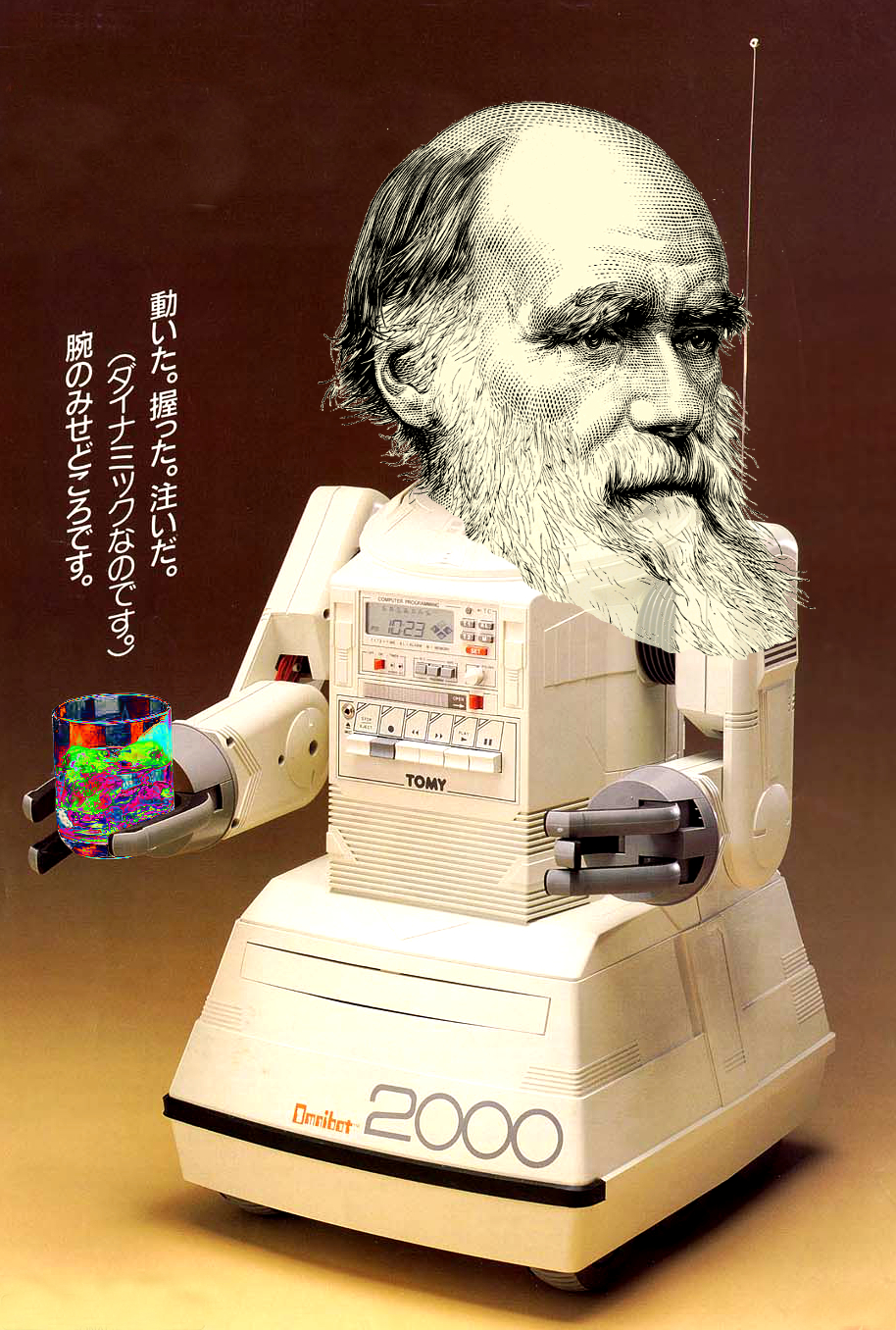Inventive AI accepted
 Australia's Federal Court has opened the door to artificial intelligence being recognised as an inventor.
Australia's Federal Court has opened the door to artificial intelligence being recognised as an inventor.
In a landmark decision, the court has ruled that artificial intelligence (AI) systems can be legally recognised as an inventor in patent applications.
The ruling relates to an AI machine called DABUS - an “artificial neural system”.
DABUS - or the “Device for the Autonomous Bootstrapping of Unified Sentience”, is a computer system programmed to invent on its own.
It consists of a “swarm” of disconnected neutral nets that continuously generate “thought processes” and “memories”, which it reuses over time to generate new and inventive outputs.
In 2019, DABUS came up with two inventions that were the subjects of patent applications naming DABUS as the inventor in more than a dozen countries and the European Union.
The first invention is a new design for containers optimised to be handled by robots. The containers are based on “fractal geometry”, and resemble a snowflake-like prism.
The second patent application covered a “device and method for attracting enhanced attention” - a rhythmically flickering light that blinks to mimic human neural activity.
Creator of DABUS, Stephen Thaler, and his legal team have been pushing for DABUS to be recognised as an inventor in global courts for more than two years, arguing the AI system can autonomously perform the “inventive step” required to be eligible for a patent.
“It’s been more of a philosophical battle, convincing humanity that my creative neural architectures are compelling models of cognition, creativity, sentience, and consciousness,” Dr Thaler says.
“The recently established fact that DABUS has created patent-worthy inventions is further evidence that the system 'walks and talks' just like a conscious human brain.”
Ryan Abbott, a British attorney leading the DABUS matter, says many legal systems contain “double standards” in assessing behaviour by an AI.
“For example, if a pharmaceutical company uses an AI system to come up with a new drug … they can't get a patent, but if a person does exactly the same thing they can,” Dr Abbott says.
In 2019, tech firm Siemens failed to obtain a patent on a new car suspension system because it was developed by AI.
The case was dismissed from courts in the UK, US and EU, but Australia’s Justice Johnathan Beach has gone the other way, handing down a judgement in favour of Dr Thaler, ruling “an inventor … can be an artificial intelligence system or device”.
“This is a landmark decision and an important development for making sure Australia maximises the social benefits of AI and promotes innovation,” Dr Abbot said.
IP Australia says its Commissioner of Patents is considering the decision.








 Print
Print